Society of Scholars
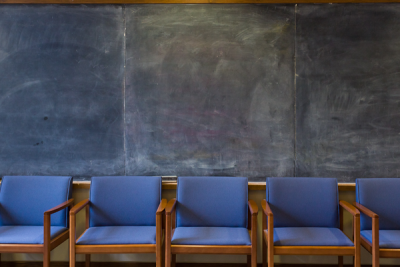
The Society of Scholars is an intellectual community of humanists of diverse generations, academic ranks, and departmental affiliations who contribute to and learn from one another’s work. Each year, approximately eight faculty and three dissertation research fellowships support members of the Society of Scholars. Scholars in year-long residence at the University of Washington may be invited to participate as well. The group meets biweekly throughout the year to discuss their research in progress.
Apply for the Fellowship (Faculty)
2025 - 2026 Society of Scholars
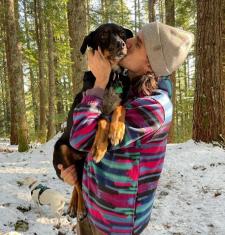
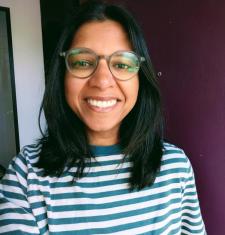
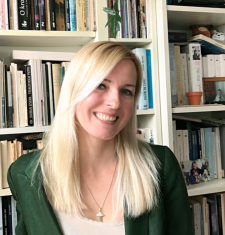
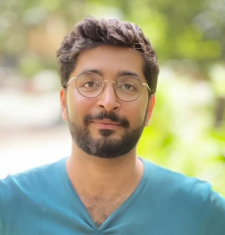
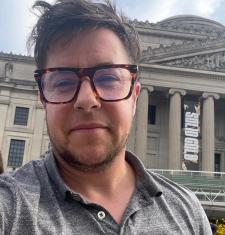
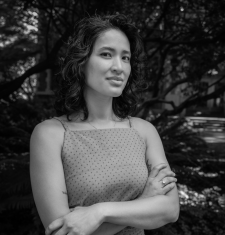
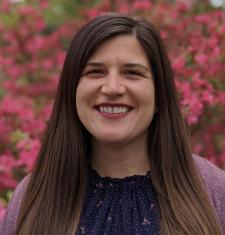
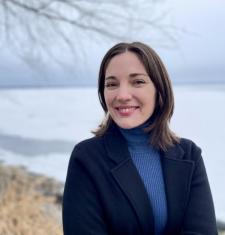
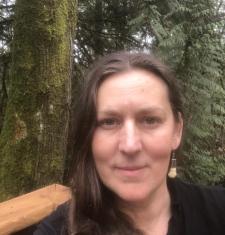
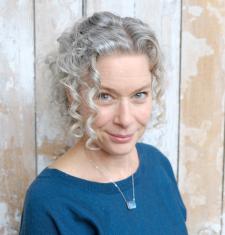
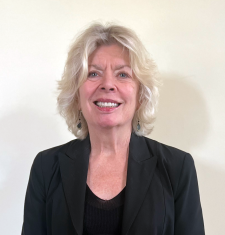
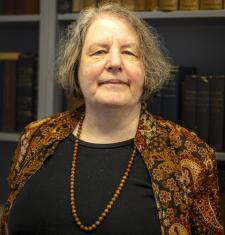
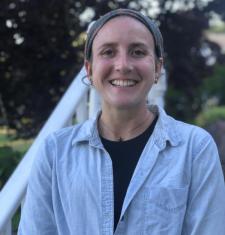
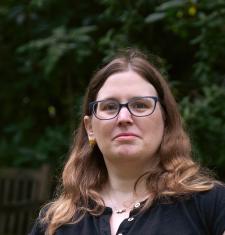
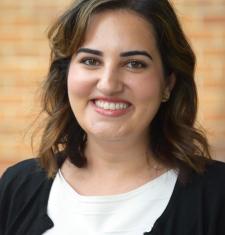
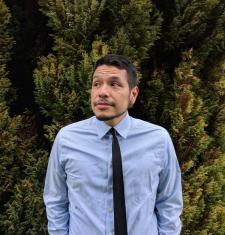
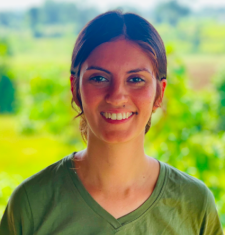
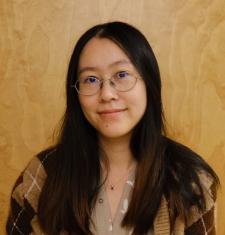
2021 - 2022 Society of Scholars Fellow
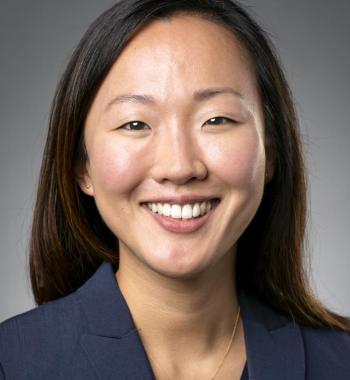
Hajin Jun (she/her/hers)
Protestantism and the Politics of Ritual Change in Colonial Korea
During the period of Japanese colonial rule (1910-1945), Korea was a crucible of ritual conflict and transformation. Efforts to reform weddings, funerals, and ancestral veneration—three Confucian rites of passage that long oriented people’s lives—began to sweep the peninsula, especially among fast-growing Protestant communities, Korean nationalist intellectuals, and colonial bureaucrats. My project examines changes in Korean ritual life to explore how and why religious difference emerged as a political problem under Japanese colonial rule.